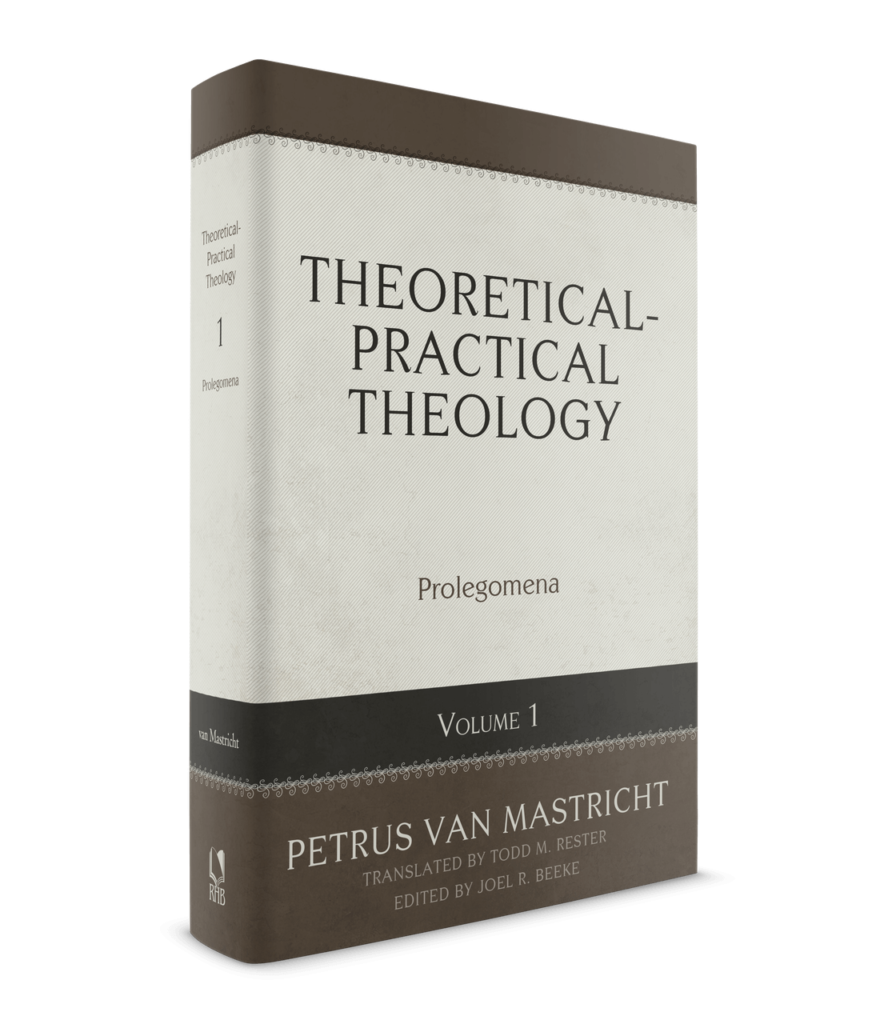
Last week I took a chapter from leading golf instructor, Gavin Flo, and suggested that, “Preaching’s not that hard.” Let me follow that up with a quote from an ancient systematic theology textbook.
In volume 1 of Mastricht’s, Theoretical-Practical Theology, he begins with a chapter, The Best Method of Preaching.
I was relieved to discover that one characteristic of the best method is brevity. [Notice the method is brief, not their sermons!]
I thought you might enjoy hearing what preaching textbooks were like in the middle of the 17th century (Mastricht’s first four books in the TPT were published in 1682), especially in light of my attempt last week to say that preaching’s not that hard.
“To all these things is added the brevity of the method….For I have never been able to approve the practice of those who composed dense volumes concerning the method of preaching, the perusal and reading of which demands as much time of theology students as a proper syntagma [set] of theology” (p. 4)
In typical, ancient form, Mastricht’s explanation of the best method is detailed. If you can access it, you’ll enjoy the examples he provides from a text in Colossians.
If you’re interested in shorter and, possibly not as well-known textbooks on preaching, you might enjoy something like, The Four Pages of the Sermon, by Paul Scott Wilson. Or maybe an older book like, Preaching with Purpose, by Jay Adams.
As I wrote last week, if the Lord continues to allow me the privilege to preach, I will continue to work hard at improving the art and craft. But I hope to do so within the borders of a method that is relatively brief, especially in comparison to a systematic theology set.
May our Lord receive glory in the church and in Christ Jesus (Ephesians 3:21) as you work your method to the max this week.
Randal










